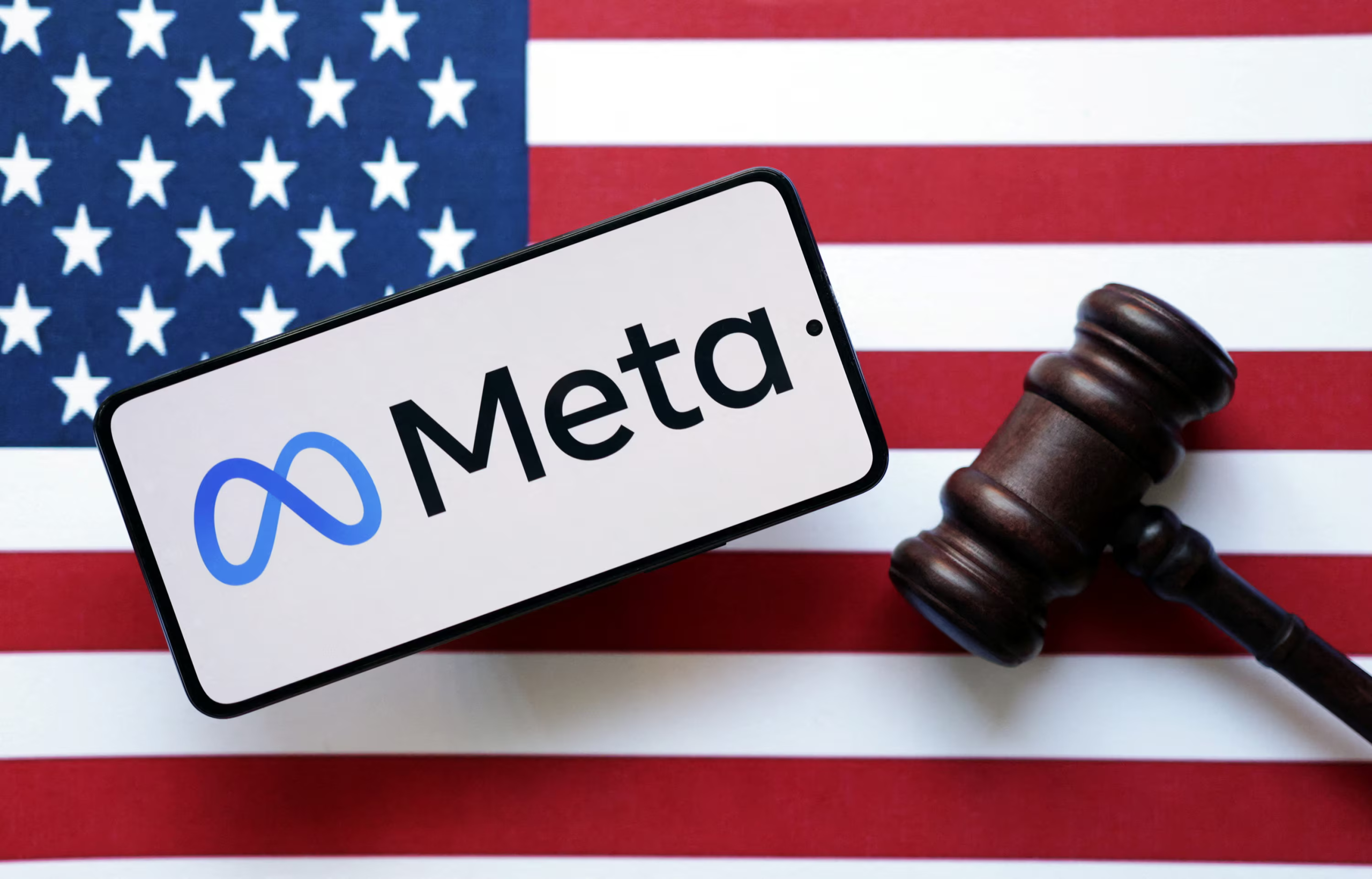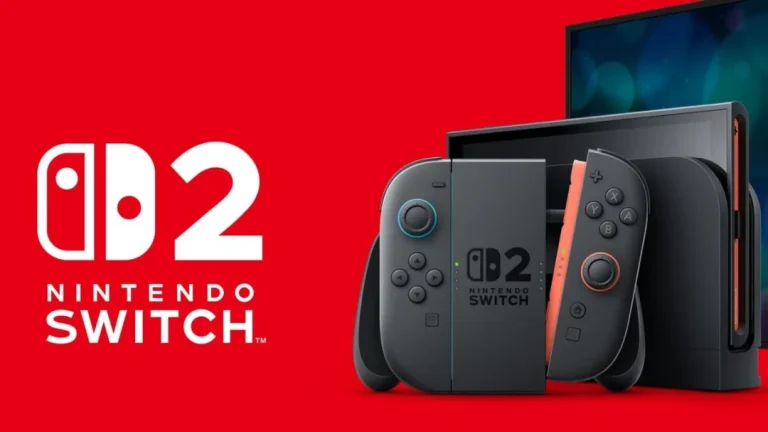
Meta Platforms, the parent company of Facebook, has asked a federal judge to dismiss the U.S. Federal Trade Commission’s (FTC) antitrust lawsuit accusing it of maintaining an illegal monopoly in social media through its acquisitions of Instagram and WhatsApp. The trial, which started on April 14, 2025, in Washington, centers on the FTC’s claim that Meta used these acquisitions-completed over a decade ago-to eliminate competition and dominate the market for social platforms focused on sharing updates with friends and family.
Meta argues that the FTC has failed to prove its case. The company presented evidence showing that WhatsApp had no plans to become a social network rival before the acquisition and that Instagram actually grew after Meta purchased it. Meta also contends that the FTC did not adequately distinguish between “friends-and-family” social apps like Facebook, Instagram, and Snapchat, and content platforms such as TikTok, YouTube, and X (formerly Twitter), which operate differently by broadcasting content to strangers based on interests.
The FTC’s case relies heavily on the allegation that Meta employed a “buy or bury” strategy to neutralize emerging competitors, citing internal emails where CEO Mark Zuckerberg expressed concerns about the growth of these apps and indicated it was “better to buy than compete”. The agency seeks to unwind the Instagram and WhatsApp deals, arguing that Meta’s dominance harms competition and consumers.
Related links you may find interesting
If the judge grants Meta’s motion for a ruling based on the evidence presented so far, the case could end sooner. However, Judge James Boasberg may decide to let the trial continue, with Meta currently presenting its own evidence and the trial expected to run into June. Should the judge find that Meta holds an illegal monopoly, a second trial would determine the appropriate remedies, potentially including divestiture of Instagram and WhatsApp.
This case is part of a broader regulatory effort to challenge Big Tech’s market power, with implications for how antitrust laws apply in the fast-evolving tech landscape. Judge Boasberg has noted the challenges posed by technological change in defining the social media market. The outcome could reshape future mergers and acquisitions in the tech industry and set new precedents for antitrust enforcement against dominant digital platforms.
In summary, Meta is pushing back against the FTC’s monopoly claims, emphasizing the growth and competitive dynamics of its acquisitions, while the FTC argues these deals were strategic moves to stifle competition. The trial’s outcome will be closely watched as it could influence the regulation of tech giants for years to come.





